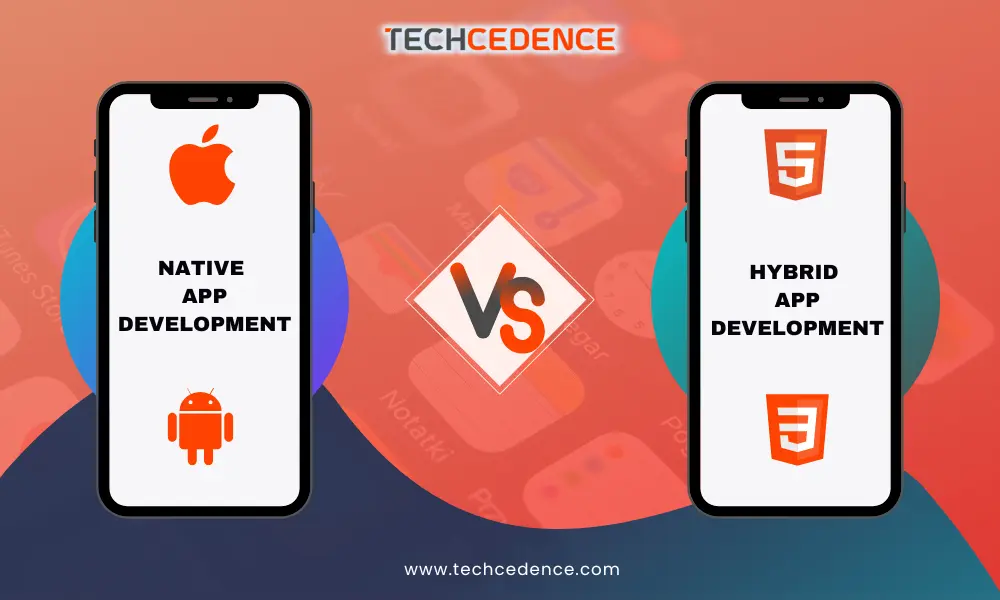Are you about to develop an application but stuck between the choice of native app and hybrid app development? At the outset, it can help you know the difference between these app development approaches. So, let’s look at the differences between native application development vs hybrid application development.
What are Native Applications?
Native applications are smartphone apps. Examples include Kotlin and Java for Android and Swift for iOS. Some advantages of native applications include the following.
- Easy to download from an app store and install on the device
- You can access these apps via the icon on your mobile phone screen
- These apps can work offline via your device’s notification system
- They can take advantage of your mobile’s GPS, contacts list, camera, etc.
But on the other hand, native apps also come with a few disadvantages. For instance, these apps are developed for a single platform. Hence, they cannot run on another one. In addition, it takes a significant budget to build and maintain these applications.
What are Hybrid Applications?
Hybrid apps combine native and web apps. They run offline on the device and are written with CSS and HTML5. These apps help render the current content on the website in an app format. You can access them from a web browser and download them from an app store. Some advantages of hybrid applications include the following.
- These apps have a single codebase. Hence, they can work on multiple platforms.
- It is relatively straightforward to develop and maintain hybrid apps
- The development cost also is lesser than native apps
Their disadvantages include the need for a seamless internet connection and a speed slower than native applications. Let’s now look at some aspects of native app development and hybrid application development to identify the right choice.
Native App Development vs Hybrid App Development – Differences

Native App Development vs Hybrid App Development – What to Choose?
So, between native app development and hybrid app development, which approach wins? You cannot declare one the winner and consider the other the loser. Choosing one among both depends on various factors. The most crucial one is the cost!
If your budget is limited, you should go for hybrid app development. But if you have the wherewithal and want to deliver an incredible user experience with a separate app for various platforms, you can leverage the advantages of native app development. Besides, native apps are more technically enriched and quicker. So, if user experience matters to you more than anything else, you should prefer native app development.
Choose the Right App Development Approach with Techcedence – Leading Mobile App Development
If you still need clarification and want a specific answer for your context, connect with Techcedence. While our expert consultants can help you choose the right approach, our developers can develop the most efficient native and hybrid apps for your business. Our tested and proven capabilities and a solid mobile app development portfolio can help you reap optimal RoI for your mobile app development investments.
We are here to help you develop incredible native and hybrid applications customized to your business. Please write to us at sales@techcedence.com to know more.
